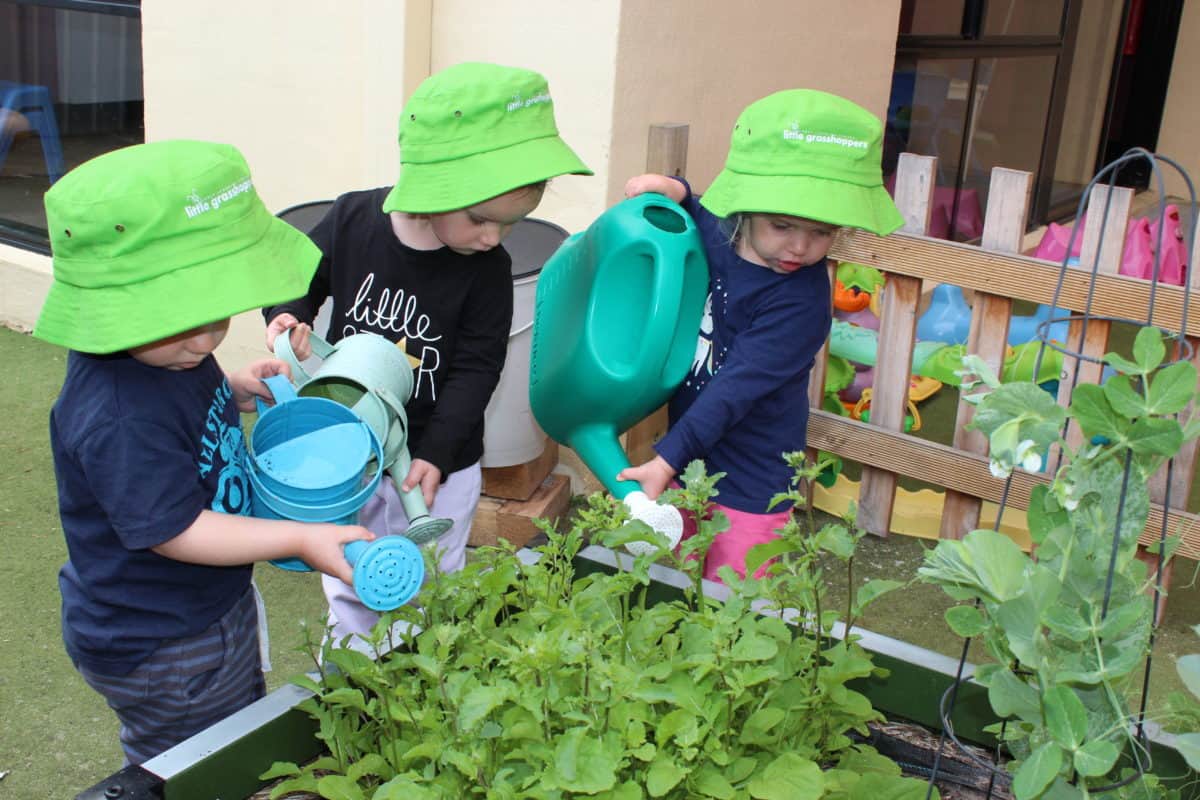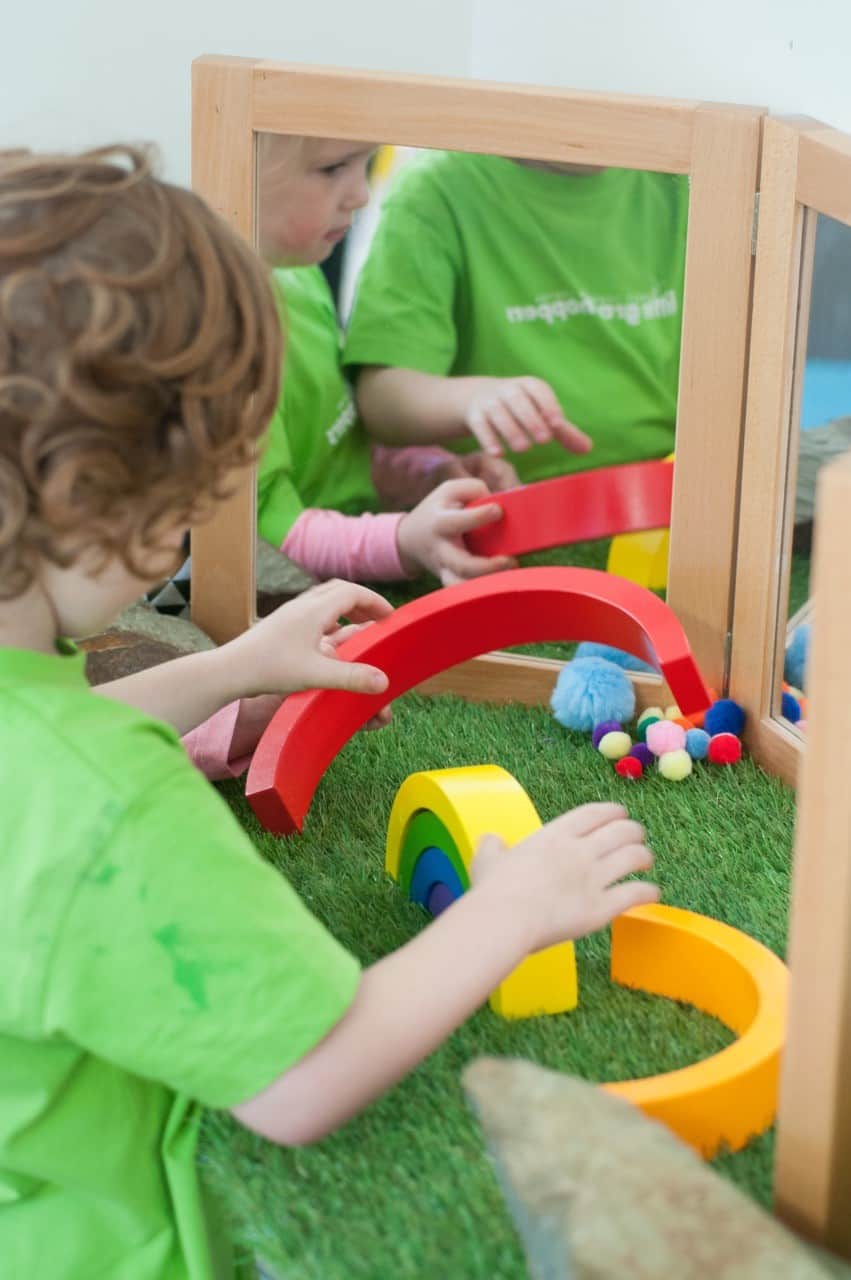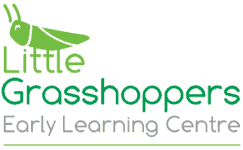The Early Years Learning Framework
The Early Years Learning Framework (ELYF) is a vision for children’s learning characterised by Being, Belonging and Becoming.
The framework helps to ensure your child receives quality education within their childhood setting through play based learning. The framework is used in partnership with families, children, and educators, to develop learning programs responsive to children’s ideas, interests, strengths and abilities.
By using the framework we, as educators, can guide your child’s play by carefully designing learning activities and stimulating indoor and outdoor learning environments.
Being
Relates to the significance of the here and now in children’s lives. It’s about the present and them knowing themselves, building and maintaining relationships with others, engaging with life’s joys and complexities and overcoming challenges in everyday life.
Childhood is a special time in life and children need time to just be – time to play, try new things and have fun.
Belonging
Relates to knowing where and with whom you belong.
Children develop a sense of belonging through their relationships with their family, community, culture, and place.
A sense of belonging is central to being and becoming. It shapes who children are and who they can become.
Becoming
Relates to the learning and development that children experience.
Children’s identities, knowledge, understandings capacities, skills and relationships change during childhood. They are shaped by many different events and circumstances. ‘Becoming’ reflects the process of rapid and significant change that occurs in the early years as children learn and grow.

Our Curriculum
How we plan for your child
- We consider what your child is interested in. The educators in each room observe your child at play, discuss with your child and provide parent feedback
- We consider what stage of development your child is at
- We consider what your child could learn about to extend their knowledge and language
- We consider what you, as the parent, would like your child to learn and what experiences they share with you at home
- We consider cultural and religious aspects of your family’s lifestyle
- We consider any support your child may need to develop their full potential
How we put the plan into action
- Observations are gathered that relate to your child’s interests and individual development
- The program is written with individual and whole group goals
- Learning experiences are planned in relation to interests, goals, and strengths
- A daily program is displayed in each room. This program outlines how activities relate back to the EYLF. Parent comments and suggestions are always welcome
- The program is then evaluated in terms of the child’s participation, their feedback, attainment of goals and basic routine times
- All programs are based on the Early Years Learning Framework

As Your Child Grows
Nursery program
Daily routines are a fundamental part of an infant’s development. Educators encourage positive relationships with the children and support the child’s learning. This is done by constant talking, touching, singing and chanting. This age group learns through play, including water play, sand play, building blocks, imaginative play, music experiences and games.
Toddler program
The toddler group learns through play. They discover and involve themselves, their group, friends and the world around them. Our educators facilitate the toddlers in activities such as sand play, play dough, painting, texture/natural collage, water play, blocks, cars, bikes, puzzles, etc. A daily diary is supplied to each child with all routines, i.e. meals, nappy changes, sleep times, etc. This is sent home each evening for the parent/guardian to keep up to date of their child’s progress. It is also a communication book between staff and the child’s parent/guardian.
3 year-old Kinder program
Our 3 year-old children will be developing a sense of themselves that affects the ways they approach any situation, task, or relationship with another person. Developing a self-concept and the picture they have of themselves as learners: is it okay to be curious, to explore, to ask questions, to tackle problems, to try to figure things out, to experiment? Is it okay to try something and fail sometimes? Being a good learner means having a go, seeing yourself as capable and taking reasonable risks. Our educators appreciate the uniqueness of each child, and respect and respond to their feelings, needs and interests. We practice patient teaching about acceptable behaviours and provide materials and experiences to learn from and have fun.
4 year-old Kinder program
This program is designed to prepare children for their first year at school and focuses simultaneously on social, emotional, cognitive and physical development.
The program is operating on a daily basis and utilises an approach that integrates a variety of curriculum areas such as language and writing, mathematics, science and technology, creative arts, music, drama, and physical education. These planned activities provide a balance of formal and informal experiences for individuals, small groups and the whole group. At times, incursions with specialist teachers are catered for, as well as excursions to a variety of places, that give further exposure to the wider community.
